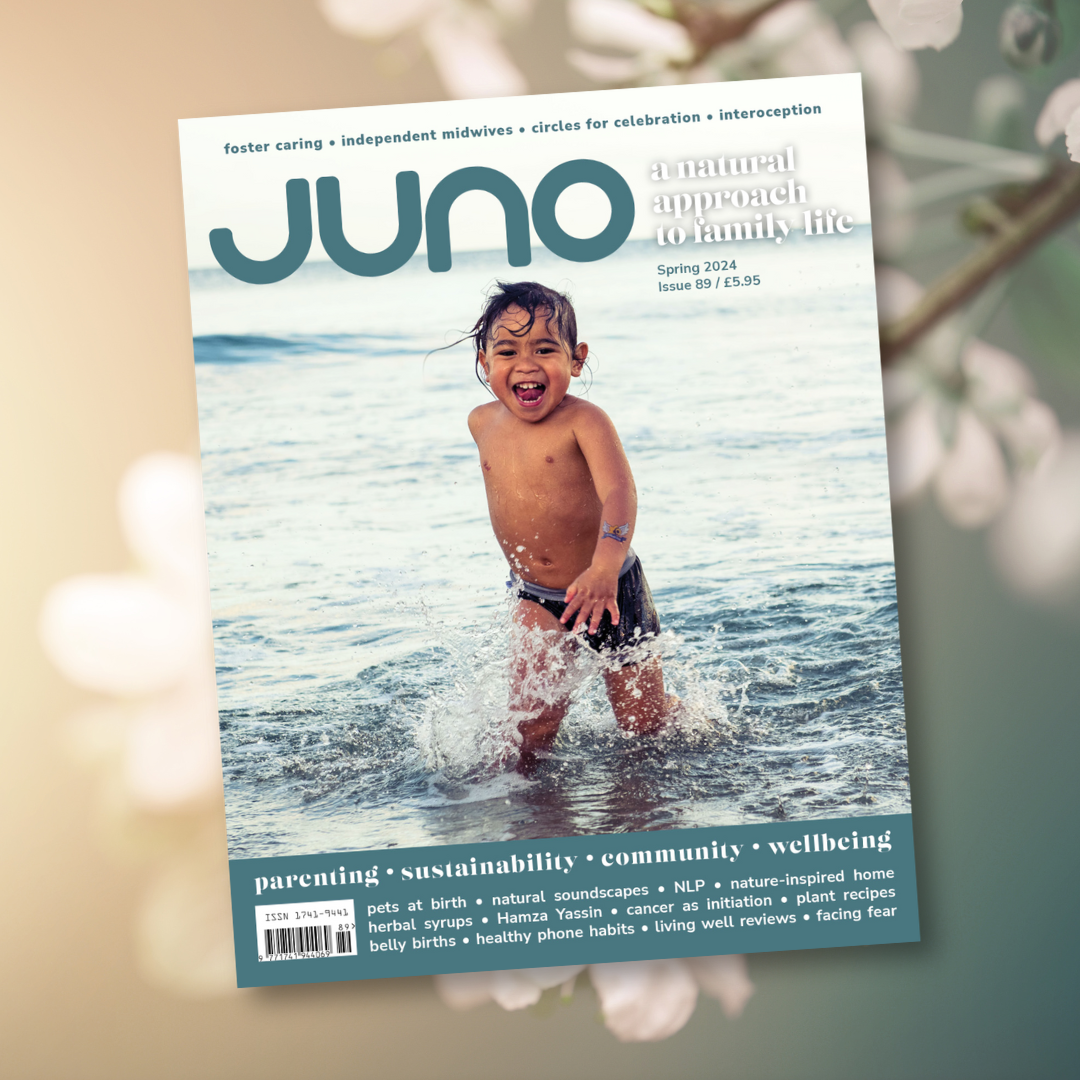Only if you treat it as a crucible for fierce self-development, writes Steve Biddulph
Sometimes a young couple, just starting out, finds an older couple a great source of stability and inspiration. We had such friends in the 1970s and hung about with them every chance we had. Their children were like our little brothers and sisters, and we adored them too. So when their relationship broke down, and they separated in acrimony and hurt, it was upsetting. Looking back, I was angry that they hadn’t stayed together for me! We are such unconsciously driven beings, and less than a year later I was writing a book, with the help of my partner, Shaaron, on the importance of not giving up on marriage!
The Making of Love – still available under the far less exciting UK title The Secret of Happy Parents – was full of the idealism of the 30-something psychologist that I was, but to this day I still meet people who say it saved their marriage, or at least had a very great impact on it.

Just recently, I have been struck by how very many couples I meet in the progressive communities and movements around the world have relationship trauma and/or are separated from their partners and the parents of their children. While of course this often just has to be so, it saddens me and I hope and wish that people have all the tools, and insights to be able to stay together. I believe we all need to learn the lessons that make that possible, rather than simply collapse under the modern pressures of life that are so family-unfriendly.
In The Making of Love the key premise was that all relationships founder. We lose our way. Trust is damaged, love dries up, anger and bitterness fly in the door. This alone though is not a reason to quit. Since it happens to all couples, what makes the difference between ‘stay’ and ‘leave’?
It’s what you do about the conflict. Fighting things through can be done destructively or in ways that help and heal. Some rules help – it’s absolutely essential to not resort to put-downs, name-calling, denigrating or sarcasm in any couple situation. These are the conditioned reactions to fear and vulnerability that we learned, usually from our parents, or from a culture that shows so much negativity as well as sheer selfishness at the heart of its ethos.
Rule out attack, and risk vulnerability. If you are frightened, say so. If you are sad, say so. If you are angry, be sure that it is self-limiting – use it to find some space, not to destroy the other person. Many times – in our own relationship, we simply didn’t have a clue what had gone wrong. The other person’s behaviour just didn’t make sense to each of us. I have sat up with Shaaron late at night and talked for hour after hour after hour, just trying to find what was really going on for her, and she hearing me out as well. Resentments, misgivings, misunderstandings happen all the time in couples. We bring family rules and language from our families of origin that totally clash, but a new synthesis needs to be made if we are to be happier, and freer, than our parents were.
Shaaron’s family was violent and chaotic. Mine was tense and anxious. Her greatest – and natural – fear was of being hit. Mine was of being abandoned. We needed concrete reassurances – that I would never walk towards her when we were arguing. On my part, that she would not suddenly walk out of the house or drive away. If she went to a room and closed the door, I would never follow. She was fine if I went away to cool off. Each couple needs their own unique rules or reassurances to make it safe to fight. Shouting usually doesn’t help, though sometimes in a very buttoned-up couple it may be just what is needed. Was it Rumi who said, “Sometimes, until I shout, I don’t even know what I feel”?
Sexuality is often the reason for men and women falling into a hurt and wounded place. Sex is so centrally important to men, and in a shutdown culture it can be the only time they feel really alive, really safe, really sacred. As we learn to dance, sing, create, be close to our male friends, be in the ocean and nature, some of the burden can be taken off sexuality, but it will always be close to our happiness core. But sex isn’t a transactional thing, or an obligation, and if it becomes that, it rapidly dies. It’s a dance. And a dance takes skill, sensitivity and, since we are mostly terrible dancers, a sense of humour and generosity. If a man doesn’t learn the dance – the wooing, the self-reliance, the playfulness, the caring – but comes to sex like a baby to a breast, then a self-respecting woman will soon lose interest. He may fall into power tactics so easily: sulking, aggression, unhelpfulness or coldness, and of course the ultimate power tactic – a flirtation or affair. Or abandon the relationship emotionally, or physically.
My experience in hundreds of men’s groups is that this does not promote learning. A new relationship rarely teaches you very much, and often founders on exactly the same reasons. The only person you should ever repartner with is someone who says, “Here is what was wrong with ME in my last relationship.”
Should a couple separate, or stay? The answer is neither. They should work resolutely to understand themselves and understand each other. They should be generous, and warm. They should remember that love is something you GIVE, not something you magically fall into. Sometimes the exploration reaches a clear point – this person is not for me. And with no blame or acrimony, you quietly say goodbye to that particular dream. And thank it for what it gave you. Or, if you are lucky/brave/resolute/blessed enough, you find yourself growing closer, freer, happier, with one person, and all the history and richness that brings. And that frees you up to give more to the world.
____
Steve Biddulph is one of the world’s best-known parent educators and psychotherapists. His books, including Manhood and The Secret of Happy Parents, are in 4 million homes worldwide. stevebiddulph.com
____
First published in Issue 46 of JUNO. Accurate at the time this issue went to print.



